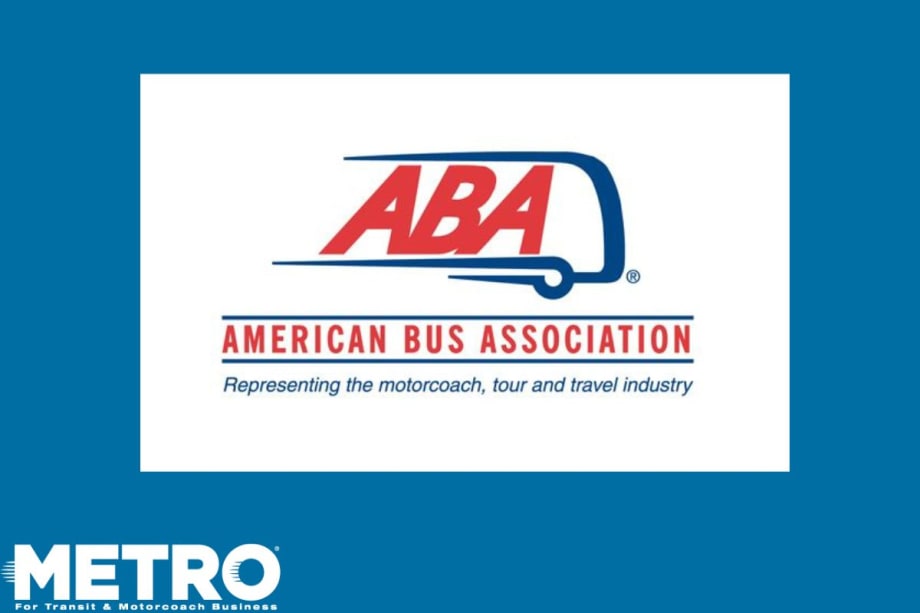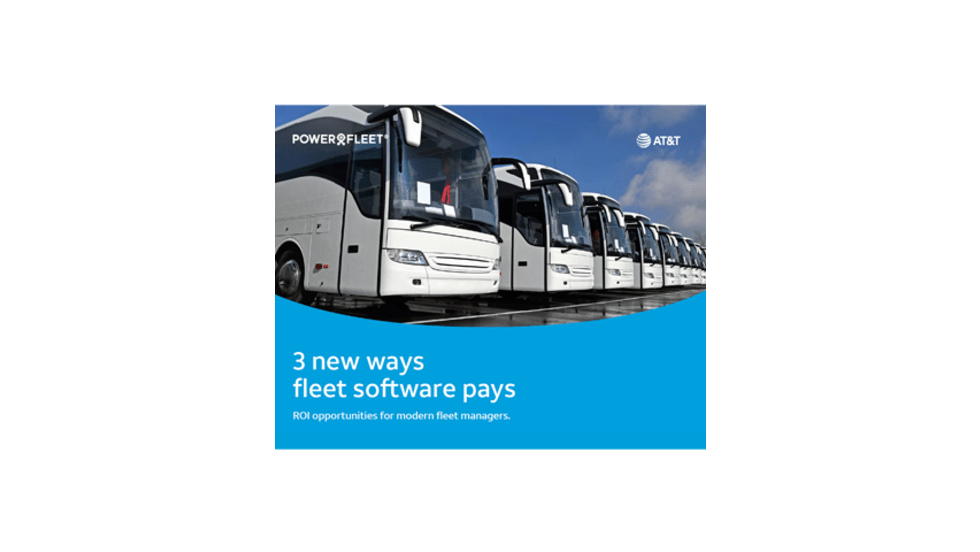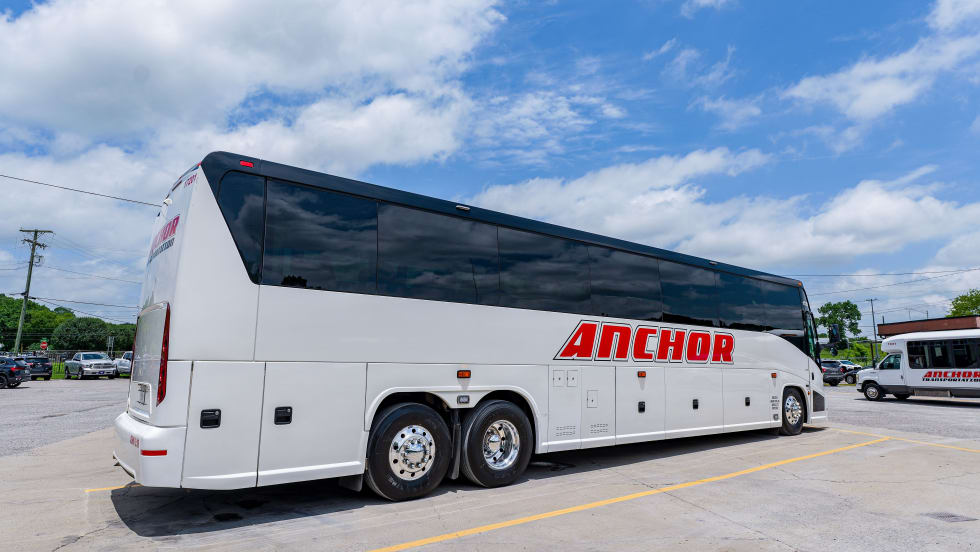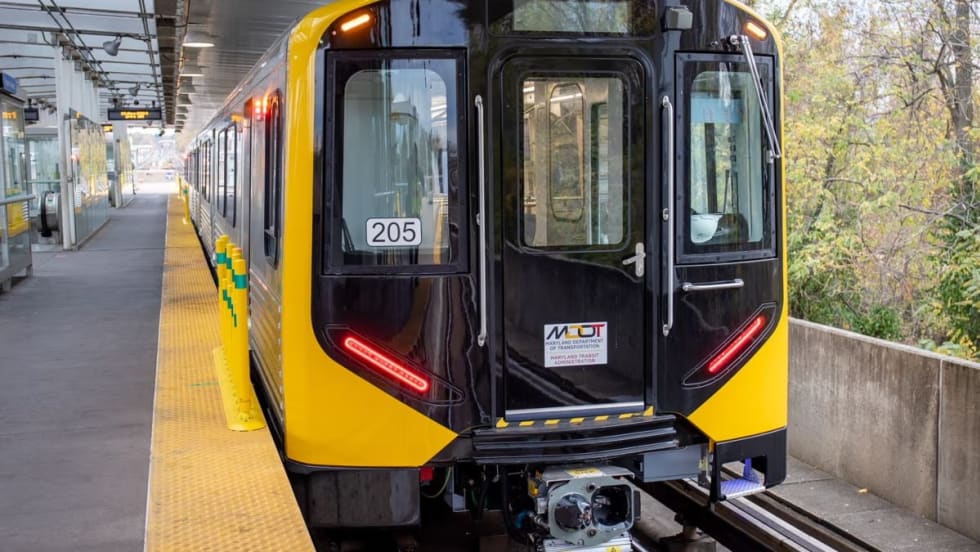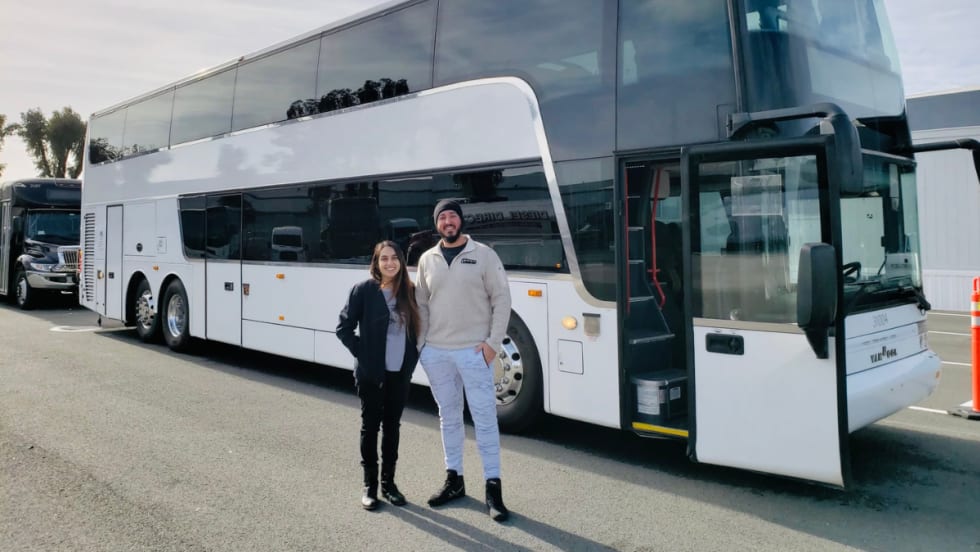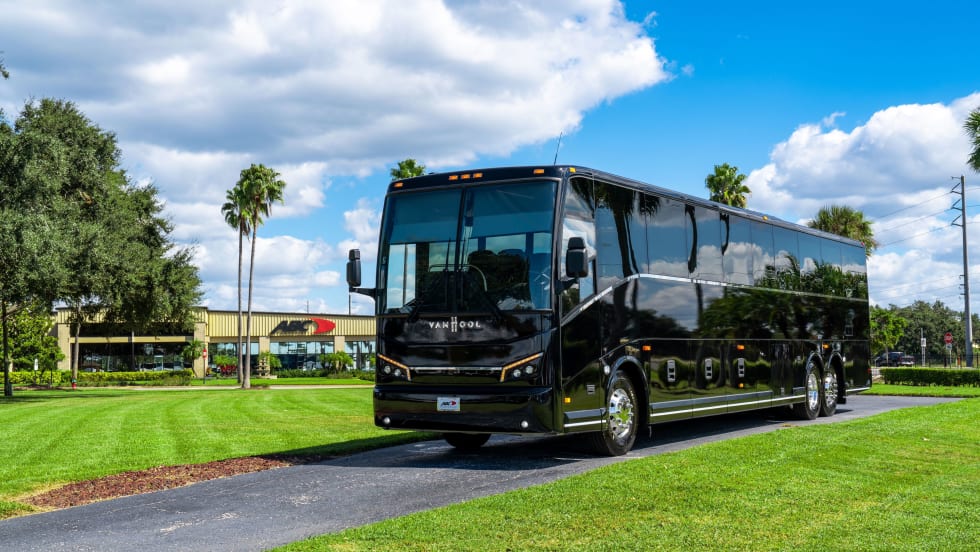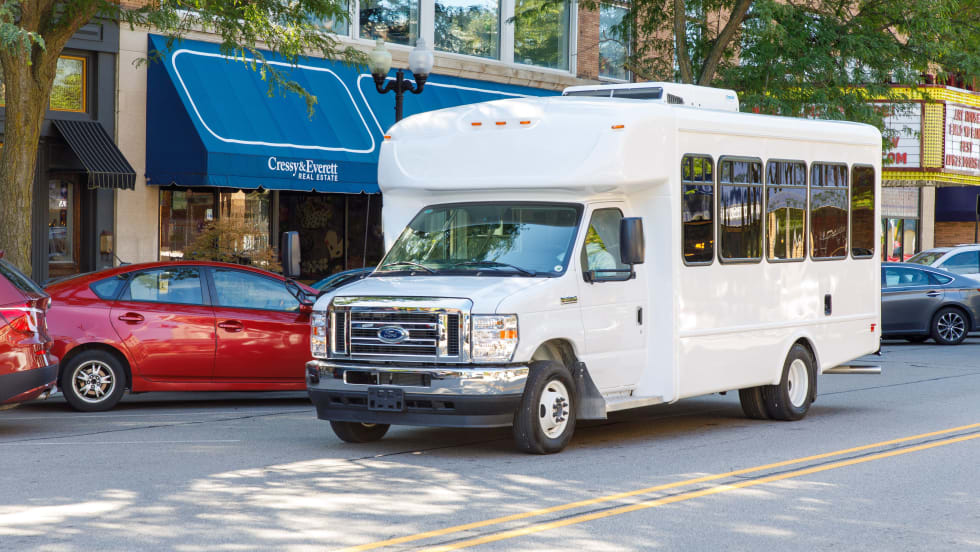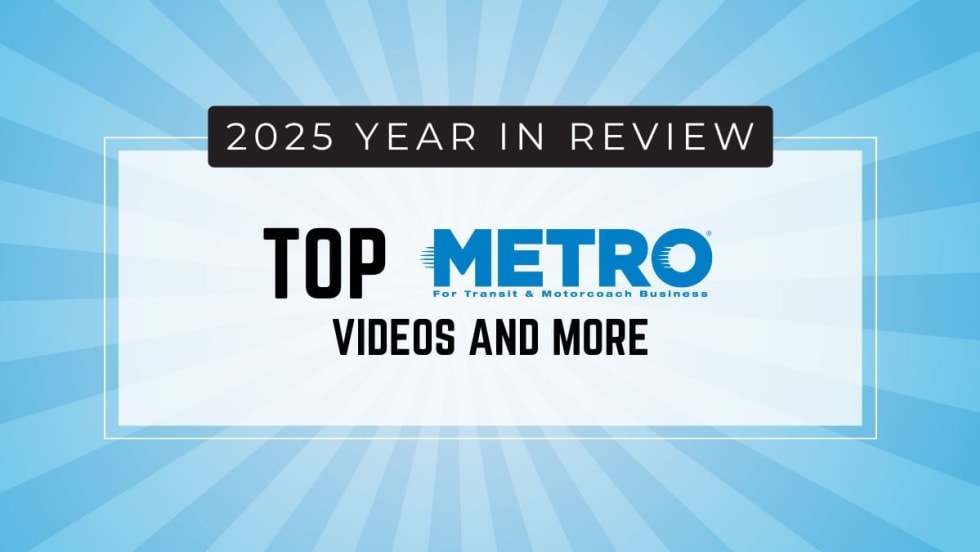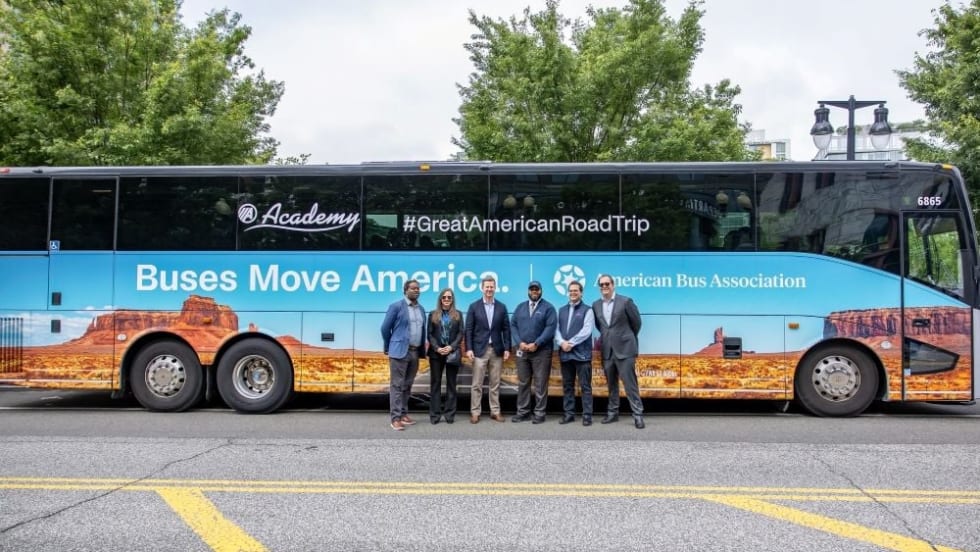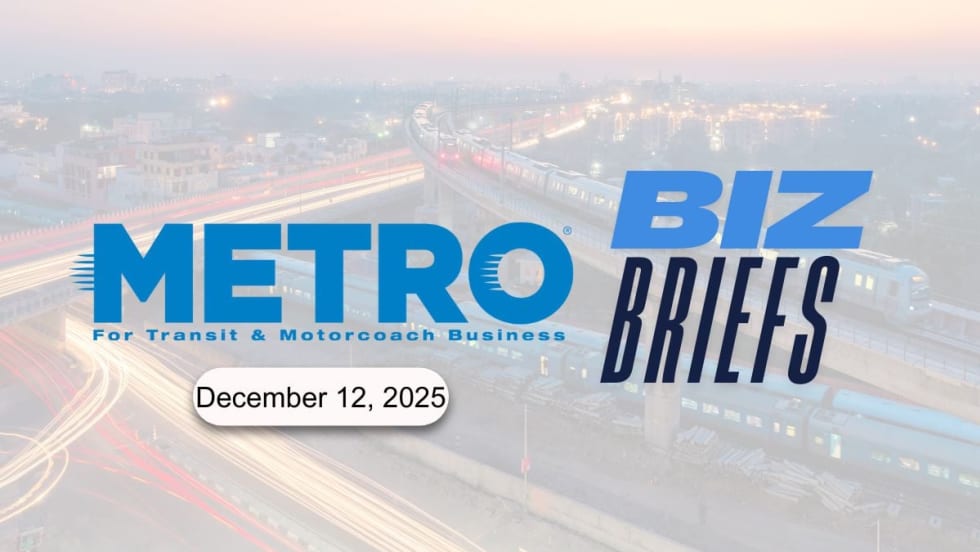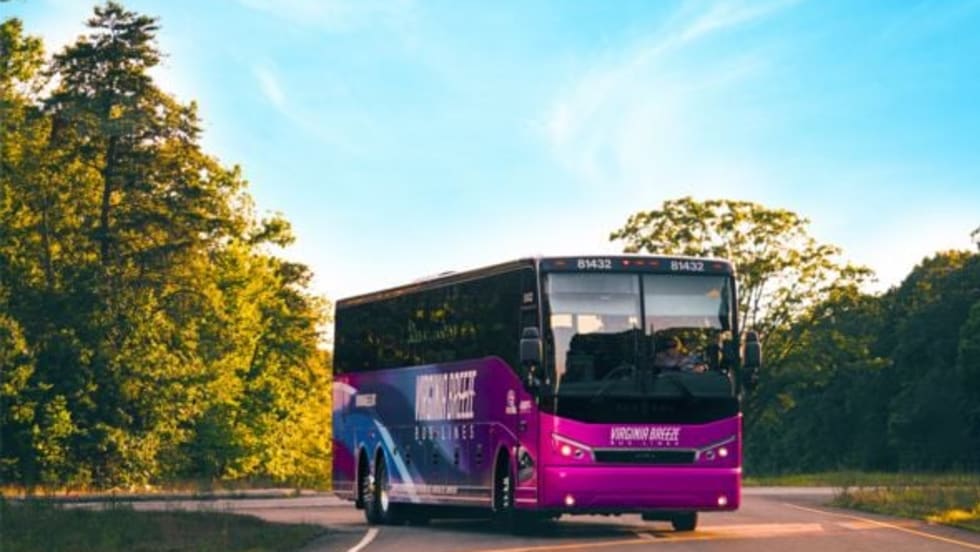The American Bus Association (ABA) is continuing to take action to oppose the California Air Resources Board’s (CARB) latest zero-emissions vehicle mandate, the Advanced Clean Fleets (ACF) rule.
The new rule, adopted in 2023 and set to begin with model year 2024, would require large fleet operators to transition to zero-emissions vehicles and phase out internal combustion engine (ICE) vehicles.
ABA’s Position Against CARB’s Rule
The ABA, in comments submitted to the Environmental Protection Agency (EPA) following its testimony given at a hearing in August, strongly believes CARB has not met the legal requirements to obtain a waiver to enforce this rule as the mandate imposes undue burdens on the motorcoach and travel industries without addressing critical operational, infrastructure, and economic concerns.
If EPA grants CARB a waiver, other states are lined up to adopt and enforce the same requirements, which would expand the negative impact across the motorcoach and group travel industries.
“The motorcoach industry has long been at the forefront of innovation and environmental sustainability, leading efforts to adopt cleaner technologies like clean diesel engines and creating efficiencies through group and carpool travel,” said ABA President/CEO Fred Ferguson. “We are proud of our role in reducing emissions and minimizing the environmental impact of transportation. However, CARB’s ACF rule is being implemented too quickly, without adequate consideration of the unique operational and economic realities of our industry.”
ABA’s Concerns
The ABA has outlined several key concerns regarding the proposed regulation:
Operational Costs: The cost of transitioning to zero-emissions vehicles or ZEVs would impose significant financial strain on motorcoach operators, many of whom are still recovering from the impact of the COVID-19 pandemic. The expense of acquiring new vehicles, coupled with the retirement of ICE vehicles, threatens to push many small operators out of business.
Infrastructure Challenges: The necessary charging infrastructure for ZEVs is not yet adequately developed in many regions, particularly in rural areas. Without a reliable network of charging stations, the feasibility of long-distance group travel is severely compromised.
Impact on Travel and Tourism: The motorcoach industry is a key pillar of the North American travel and tourism ecosystem, providing affordable and accessible transportation for millions of travelers. The forced shift to ZEVs could result in higher travel costs and reduced availability, which would negatively affect tourism-based economies.
ABA’s Position
The ABA has urged CARB and the EPA to revisit the rule's timeline and seek collaborative solutions that balance environmental goals with economic and operational feasibility.
The association remains committed to continuing the industry’s long-standing commitment of innovation and environmental sustainability within the motorcoach industry but believes CARB’s ACF rule is being implemented too rapidly and without sufficient consideration of industry-specific realities. For example, the motorcoach industry has been a leader in advancing clean fleet innovations, including clean diesel engine technology, removing driver trips through group travel and other efficiencies in operations.




